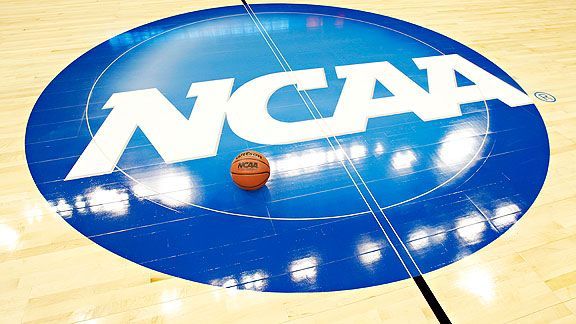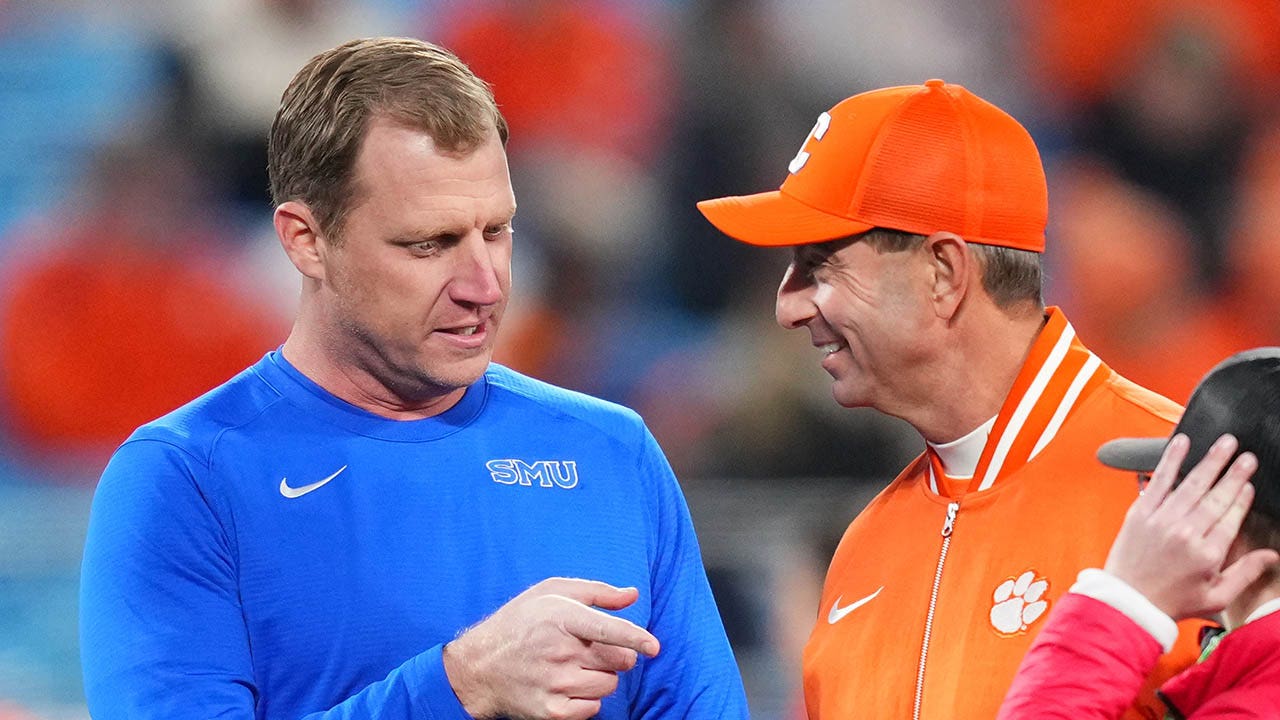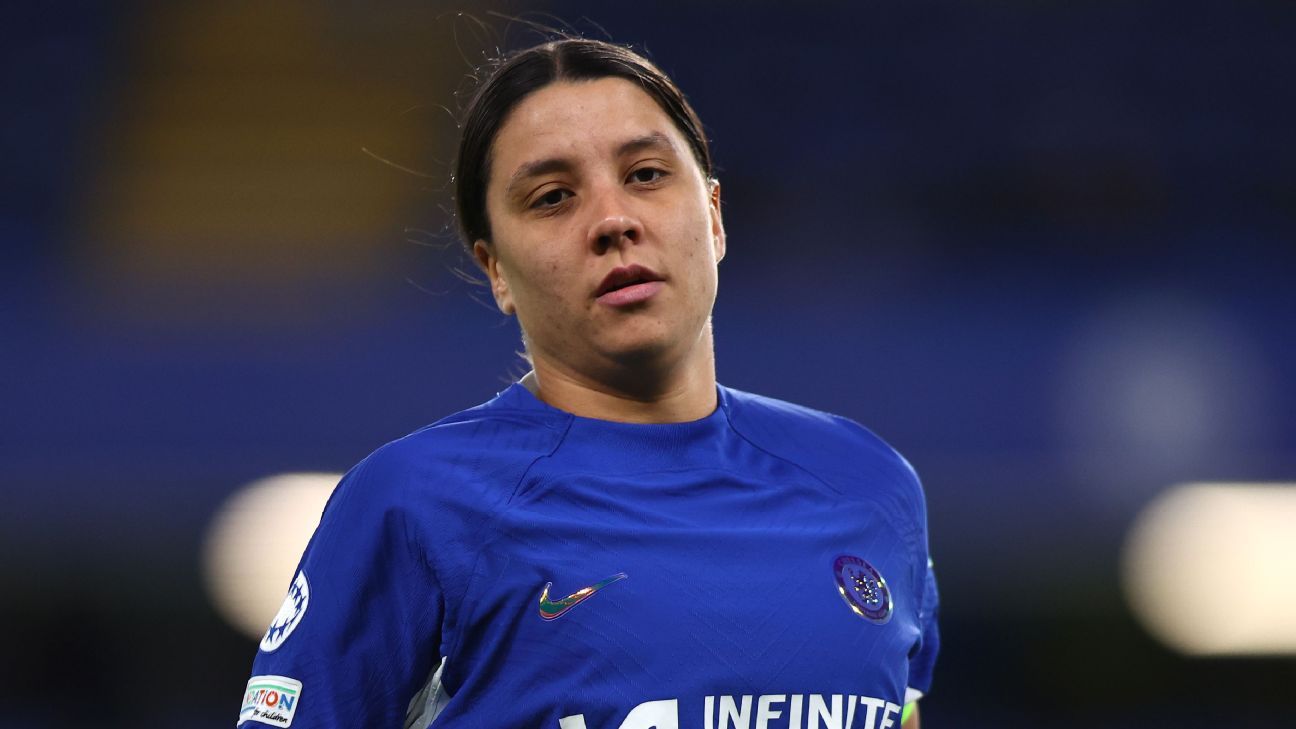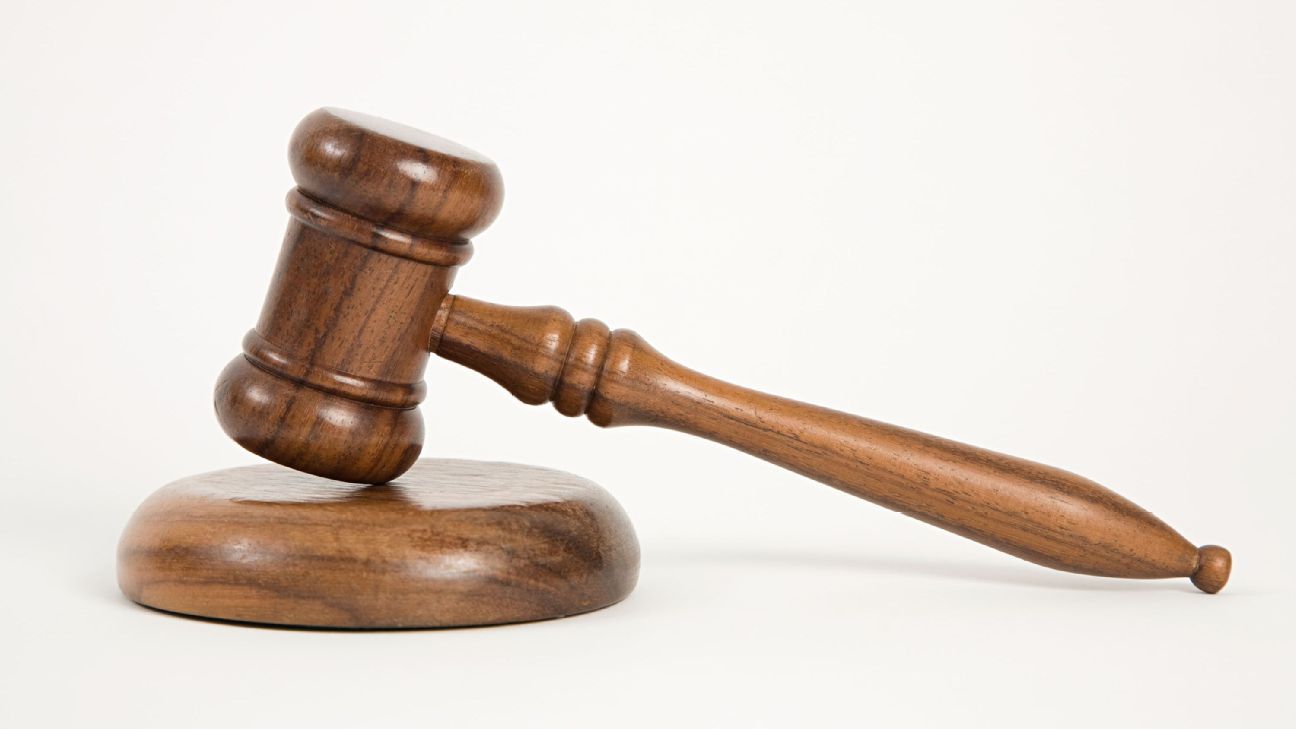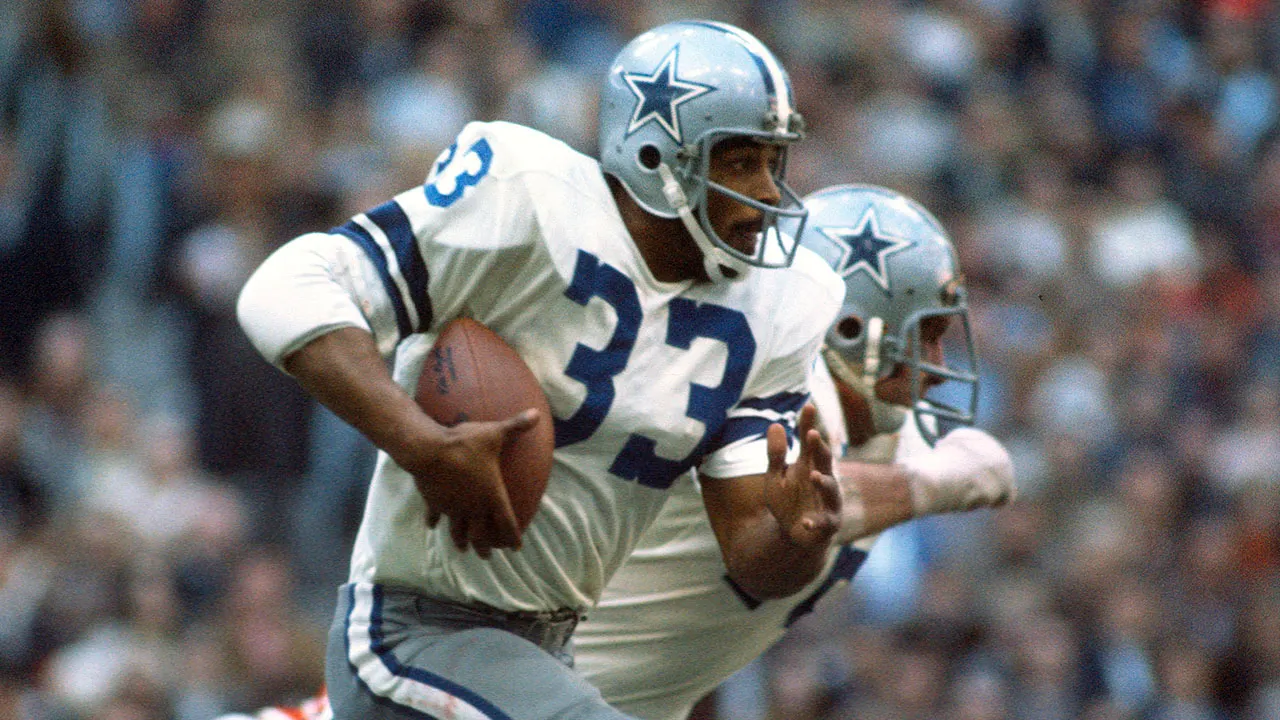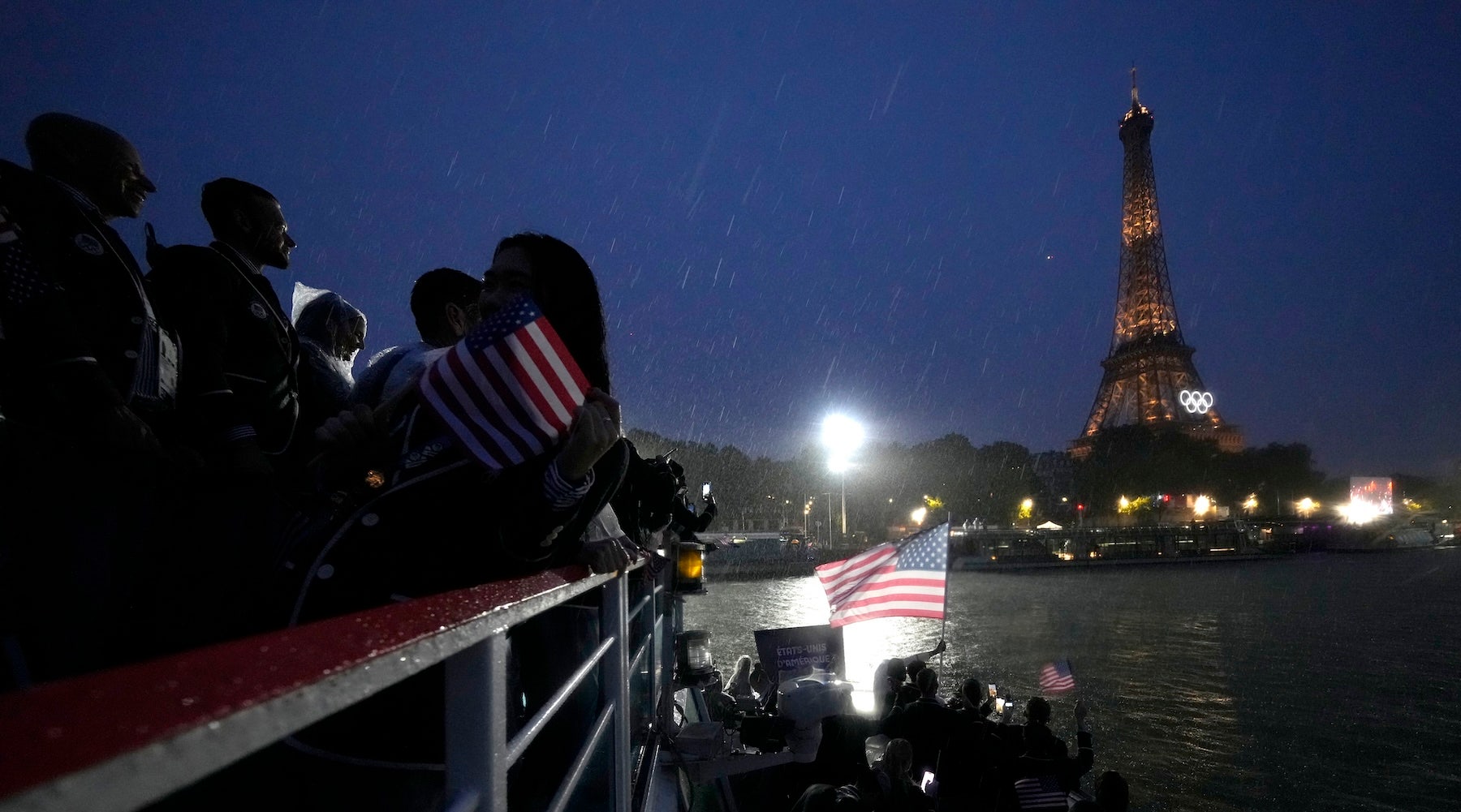A trio of congressmen have asked NCAA President Charlie Baker to provide more information about the association's plans to allow college athletes to bet on professional sports.
Reps. Brett Guthrie, John Joyce and Gus Bilirakis of the Energy and Commerce Committee, which often oversees sports integrity issues, told Baker in a letter released Friday morning that they were examining the NCAA's proposed policy change and sent a list of nine questions they want answered within two weeks.
The letter said its concerns increased this week in light of recent federal allegations of illegal sports betting and gambling rings involving NBA players and coaches, as well as recent NCAA investigations into college athletes betting on their own games.
The NCAA was on track to lift its ban on professional sports betting on Saturday, but delayed the change until Nov. 22. NCAA athletes are still prohibited from betting on college sports and sharing information about college sports with bettors.
“The NCAA has the most aggressive approach of any American league when it comes to addressing sports betting,” Tim Buckley, the NCAA's senior vice president of external affairs, said in a statement. “The most significant threats to the integrity of competition lie in states that continue to offer risky betting, as well as in the emerging gray market made up of futures and prediction trading sites that operate without oversight. For the past two years, the NCAA has been working with gaming regulators to push for stronger protections for college athletes and stricter integrity measures, and while several states have made changes, there is still work to be done.”
The delay came days after SEC Commissioner Greg Sankey released a letter to Baker that said his league leaders believed the policy change was “an important step in the wrong direction.” Sankey asked the NCAA board to rescind the policy change.
If the rule goes into effect, it will mark a change in a long-standing policy that had become difficult to enforce with a rise in legal sports betting in the United States. The NCAA has faced an increase in alleged betting violations by players in recent years. In September, the NCAA announced that a Fresno State men's basketball player had manipulated his performance for betting purposes and conspired with two other players in a prop betting scheme. The NCAA is investigating 13 additional players from six schools for possible in-game violations related to integrity issues.
On Oct. 22, when the NCAA announced adoption of the new proposal, it stated that approving the rule change “is not an endorsement of sports betting, particularly for student-athletes.”
Friday's letter from Guthrie, Joyce and Bilirakis asked Baker what barriers the NCAA was putting in place to try to prevent illegal sports betting. They also asked for more information on studies the NCAA has conducted on the impact of betting on student-athletes and details on any “alleged, illegal, fraudulent betting practices relating to NCAA players,” among other questions.
Bilirakis is the lead author and leading proponent of an NCAA-related bill that Baker and other leaders say is a crucial step in bringing stability to the new business model of college sports. That bill, called the SCORE Act, would help the NCAA enforce rules that limit player movement and spending on players by giving schools a limited antitrust exemption and declaring that athletes are not employees.

